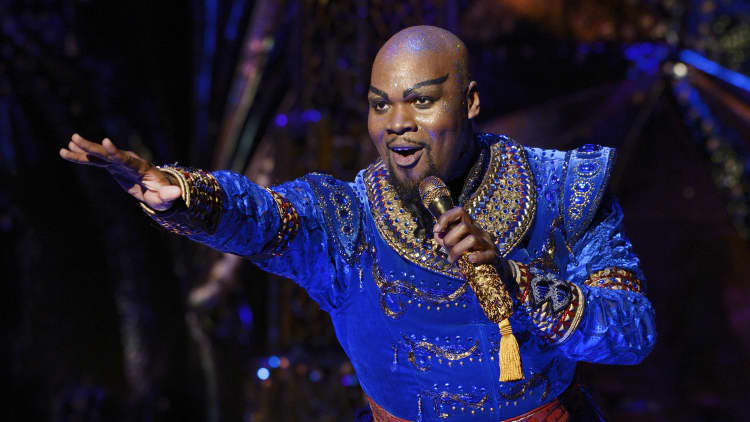Asking someone if they understand their meaning in life is a heavy question. Broadly speaking, having "meaning" suggests you have a purposeful life.
A new study from the University of California San Diego suggests that understanding what your meaning is in life will improve your mental and physical well-being and boost your cognitive functioning too.
Meaning in life is "a subjective perception of having one or more specific purposes for one's own life," says Dilip V. Jeste, study author and senior associate dean for healthy aging and senior care at the University of California, San Diego.
In the study, researchers surveyed more than 1,300 participants over age 21. They were asked how much they agreed with statements to measure their meaning in life. The phrases included things like: "I understand my life's meaning"; "My life has a clear sense," and "I am looking for something that makes life feel meaningful." They also measured participants' subjective physical and mental well-being.
They found that those who had meaning in life were happier and healthier than those who were still looking for it. Searching for meaning in life was associated with worse physical and mental health, and cognitive functioning.
To be clear, that doesn't mean that searching for meaning in life is bad for you, Jeste tells CNBC Make It. After all, how else would you find meaning? However, it becomes stressful when the search becomes "desperate or frustrating," say.
"The reason for that is usually the fact that the purpose or meaning that one is focusing on is not feasible or appropriate," Jeste says, which could lead to distress.

Many successful people agree with this philosophy. Billionaire Mark Cuban believes the advice to "follow your passion" is "one of the great lies of life," he said in an episode Amazon Insights for Entrepreneurs.
Cuban said he was passionate about playing basketball and baseball growing up, but he lacks the physical skills necessary to become a professional. Instead, he said it's more important to focus on how you spend your time.
"You have to work hard, and try to put yourself in a position where if luck strikes, you can see the opportunity and take advantage of it," Cuban wrote on his blog in 2011.
The new study also found that age has a lot to do with where people are in their journey to find meaning. Many young people in their 20s tend to lack a well-defined purpose in life, whereas someone in their 30s, 40s and 50s may have a clearer view of their identity. Around age 60, when many people retire, they tend to restart the search process, according to Jeste.
Luckily, young people "have a long life ahead of them in which they can discover the purposes that would make their life most meaningful," Jeste says.
An easy first step to finding meaning? List your strengths and limitations, including your talents and personality traits, Jeste suggests. "Over time and with experience, one or more purposes would become clearer," he says.
Like this story? Like CNBC Make It on Facebook!
Don't miss:



